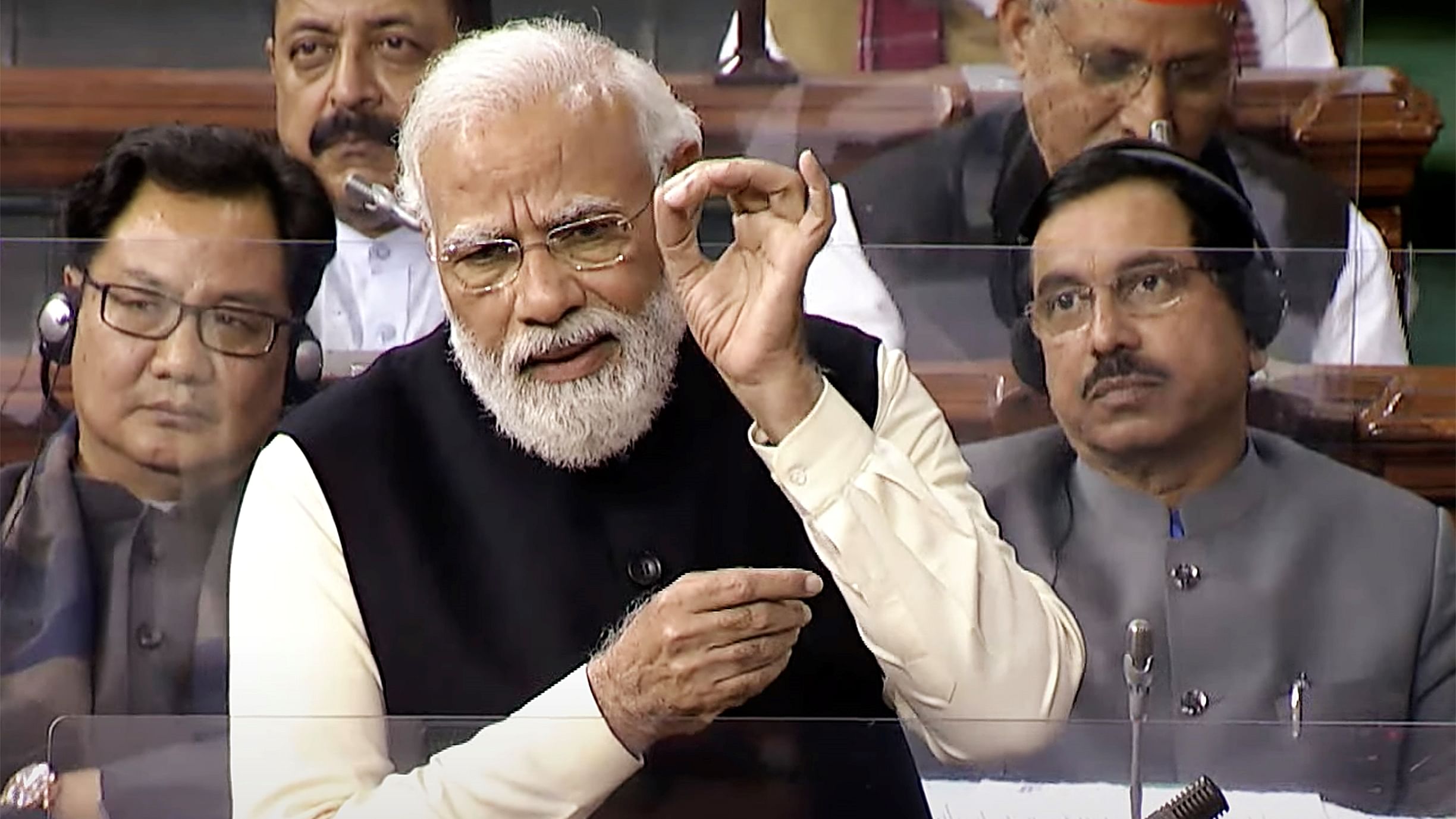Prime Minister Narendra Modi’s fiery conclusion to the two-day parliamentary debate on the Indian Constitution delivered a blistering critique of the Congress party’s track record. Armed with historical facts, Modi accused the party of systematically undermining the Constitution to cling to power during its 52 years of dominance.
Modi’s 120-minute speech spared no one—from Jawaharlal Nehru to Indira Gandhi to Rajiv Gandhi—laying bare instances of constitutional violations and dynastic overreach. He began with Sardar Patel’s sidelining, revealing how Patel had secured the majority vote to become India’s first Prime Minister post-partition. Yet, Nehru was chosen, an act Modi described as Congress disregarding democratic norms within its own ranks.
The Prime Minister then shifted to Nehru’s controversial insertion of Article 35A without parliamentary debate, calling it a blatant breach of constitutional principles. He lambasted Nehru’s opposition to economic reservations, asserting that such resistance was rooted in elitism.
The most damning critique came against Indira Gandhi, whom Modi accused of bulldozing constitutional freedoms during the Emergency. He highlighted her intolerance for dissent, referencing her decision to block the elevation of the Allahabad High Court Chief Justice who had ruled against her election. Modi termed her “Garibi Hatao” slogan as hollow rhetoric, pointing out how poverty persisted under her regime.

He did not stop there. Modi accused Rajiv Gandhi of overturning the Supreme Court’s Shah Bano verdict, pandering to vote-bank politics at the cost of judicial independence. He also slammed Rahul Gandhi for publicly tearing up an ordinance endorsed by then-Prime Minister Manmohan Singh cabinet, calling it a display of dynastic arrogance.
Interestingly, Modi targeted even non-dynastic Congress leaders, specifically Singh, whom he accused of running a puppet government by outsourcing authority to the National Advisory Council, led by Sonia Gandhi. This, Modi argued, undermined the constitutional role of the Prime Minister.
The speech wasn’t merely a tirade; it also showcased Modi’s governance as a counterpoint. He defended his government’s constitutional amendments, citing initiatives like the Women’s Reservation Bill, the abrogation of Article 370, and reservations for economically weaker sections and OBCs. Modi painted his tenure as one of inclusivity, emphasizing welfare schemes like “One Nation, One Ration Card” that transcend caste and religion.
Modi took pride in recognizing marginalized communities, pointing to his government’s appointment of tribal and Dalit leaders as Presidents. He also reminded the opposition that it was the Atal Bihari Vajpayee-led BJP government that posthumously honoured Dr. B.R. Ambedkar with the Bharat Ratna.
Concluding with a forward-looking vision, Modi unveiled 11 proposals to strengthen the Constitution, including barring corrupt leaders from public office and ending dynastic rule. He promised to create one lakh young leaders and pledged to celebrate India’s centenary of independence as a “Vikasit Bharat” (Developed India) by making India third biggest economy.
The question remains: will Congress reflect on its legacy of undermining the Constitution, or will it continue to deflect? Modi’s address leaves little room for ambiguity—the BJP intends to hold Congress accountable while charting its vision for a constitutional and inclusive India.






